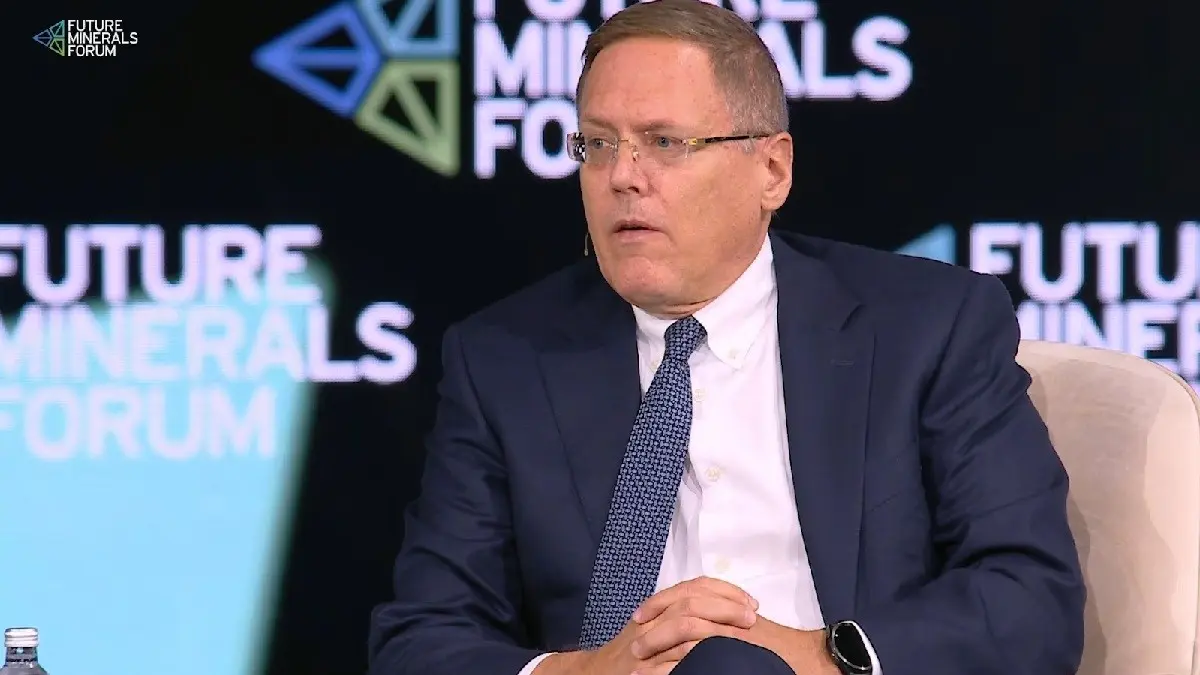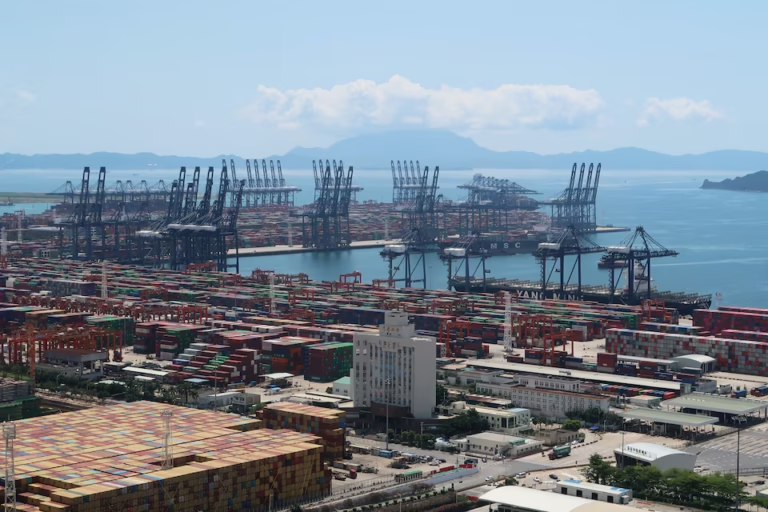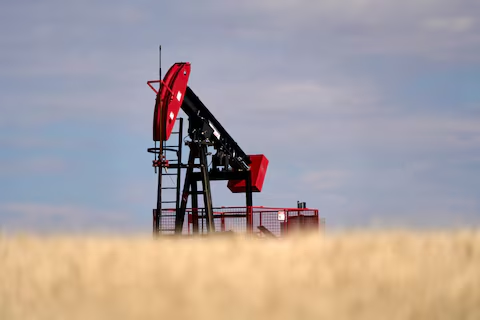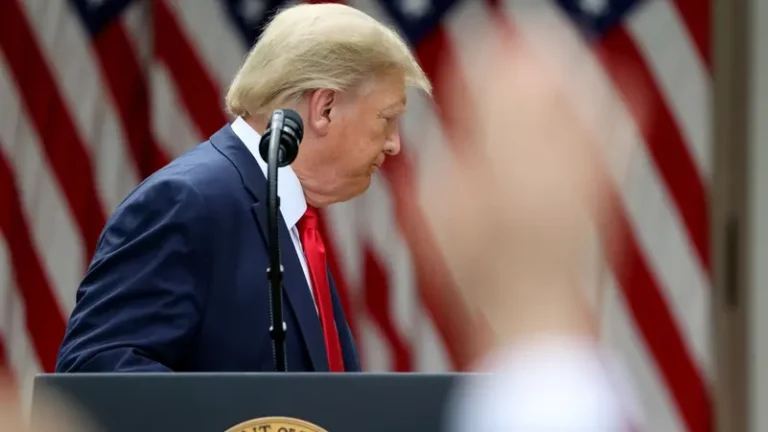In a fiery session at the Future Minerals Forum, Alcoa CEO William Oplinger dropped a warning about what he forecasts could be dire consequences of former US President Donald Trump’s proposed tariffs on minerals, just days before he returns for a second term.
The forum, the largest of its kind, held in Riyadh, Saudi Arabia, unfolded against a backdrop of geopolitical instability. The president-elect is threatening hiking tariffs on major mineral producers like Mexico and Canada, and has even floated the idea of forced acquisitions of resource-rich territories such as Canada and Greenland amid a burgeoning trade war with Beijing, which controls approximately 70 percent of the rare earth minerals crucial for electronics and other high-tech applications.
“The existing 10 percent tariff on aluminum has already disrupted trade flows,” Oplinger stated emphatically during the discussion moderated by Al Arabiya News’ Hadley Gamble.
“If Canadians were not exempted from an increased 25 percent tariff, it would drive metal prices significantly higher in the US and could motivate metal coming from different parts of the world into the US, completely disrupting trade flows,” he said.
The President-elect is threatening to impose the 25 percent tariff on all imports from Canada and Mexico as soon as he takes office Monday, as part of a broader strategy to address issues like illegal immigration and drug trafficking, particularly fentanyl, into the United States.
The current aluminum price suggests the market is not expecting the proposed 25 percent tariffs on Canadian and Mexican aluminum to fully materialize.
Oplinger highlighted the critical dependency on Canadian aluminum, noting, “A significant amount of metal comes from Canada into the US, the US is structurally short on aluminum,” he told the panel.
The Alcoa chief did not mince words about the challenges ahead for the US-based company, the world’s 8th largest aluminum producer globally, but was optimistic about finding a solution.
“We’ve worked successfully with all the administrations over a 130-year time period. We are trying we will clearly try to understand what the tariff regime will be,” he said.
Other industry leaders at the forum echoed the sentiment of cautious optimism mixed with uncertainty, as they grappled with the implications of shifting US policies under the forthcoming Trump administration.
Graham Kerr, CEO of South 32, the mining and metals company headquartered in Perth, Australia, spun out of BHP Billiton in 2015, highlighted the complex landscape of US politics under Trump.
“Generally, obviously in the US, Republicans have been more pro-development. But then we’ve got our project Taylor, which is a lead silver and zinc project in Arizona in fast 41, which has been a great permitting process for us in the US. So I think under Democrats, we had a good experience and we’ll wait and see what happens with Trump,” he said.
Separately, discussions turned to the burgeoning sectors of AI and clean energy, which are driving global demand for minerals, and which some forecast will cause demand to outstrip supply in the coming years.
Duncan Wanblad, CEO of Anglo American, pointed out that no single country possesses all the necessary resources needed to accommodate the growth of the sector, underscoring the need for international cooperation, and technology would be essential to scale production to meet the world’s growing demand.
“We’ve got to do the exploration… I don’t believe there’s any one country, perhaps one or two in the world that are sort of more privileged than others in the context of the endowment that they have,” he said.
“We have to do this at a global scale. It has to be connected,” he added.
Lorenzo Simonelli, Chairman, President, and CEO of the global energy technology company Baker Hughes, based jointly in Texas and London, echoed Wanblad’s sentiment.
“I’m an optimist, and I think ultimately it is a global challenge that we’ve got to confront with all of the stakeholders convening and having the appropriate discussions,” he said.
Talking to the changing pace under Trump’s administration, he added, “The next four years, I think again we’ll see progress. We’ll muddle through it. But it’s the continuous progress that we’ve got to see.”
Participants at the Forum also highlighted the impact that a policy reversal in Washington might have on the shift toward so-called green minerals, which are mined and processed in ways that are environmentally and socially responsible.
Joe Kaeser, former CEO of Siemens AG and now Chairman of the Supervisory Board for Siemens Energy and Daimler Trucks, underscored an incoming dissonance in policies between Beijing and now Washington, and their counterparts in Europe
He commented on the lack of global consensus around carbon pricing, for example: “First of all, China being the highest emission country in the world, CO2 emissions from a single country. So that economy needs to chip in,” he said.
Adding: “Ideally, we would have global carbon pricing, but unfortunately, I don’t see a path towards that because you’ve got developing economies, you’ve got industrial countries. And they’ll say, ‘Well, you polluted the world. You became rich. Now why should we pay for what you actually screwed up?’”
He continued, “I believe there’s got to be China.” But he tempered his argument, adding, “In my experience, the last thing you want to do is try to push China too hard, too quickly, because they will close up.”







